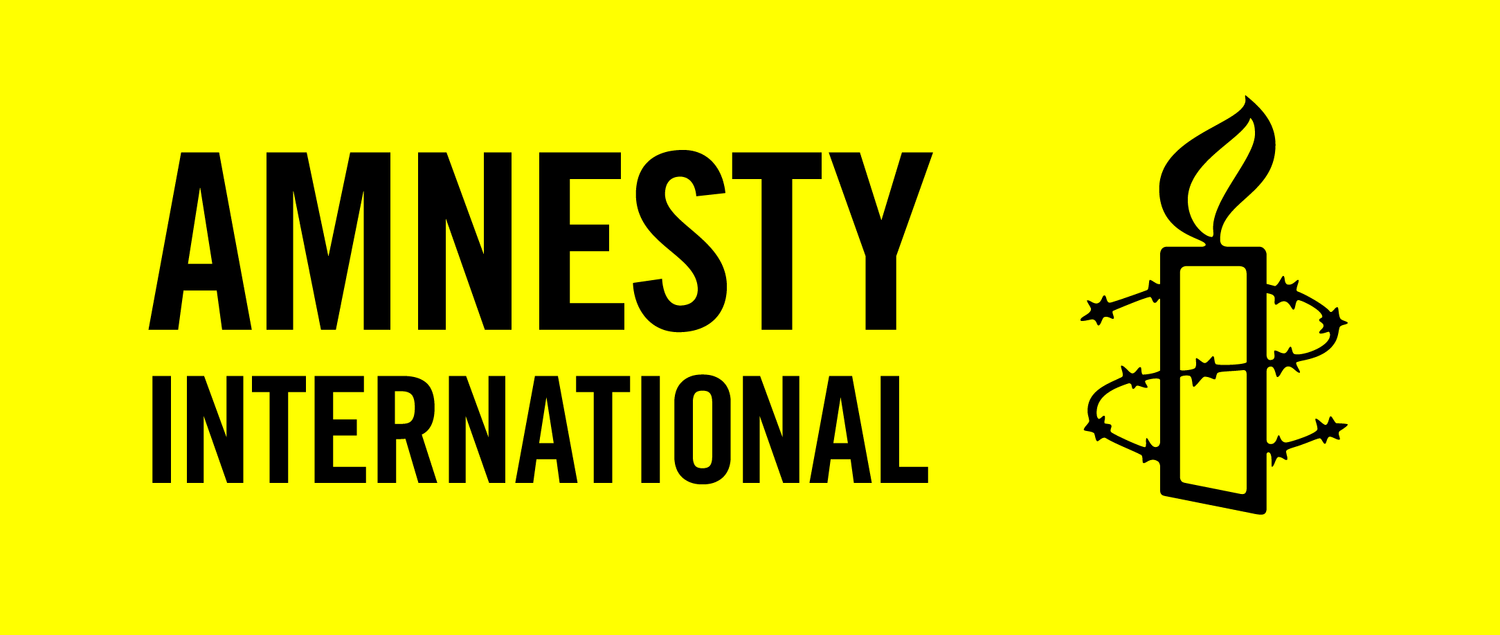Amnesty International has had and still has highly developed leaders. For a number of years now, however, Amnesty has been facing new challenges related to its increasingly decentralized structure, while at the same time welcoming new generations of leaders into the organization. These challenges can also be seen in the Americas region. We therefore need to pay special attention to how leadership is developed and how it works in the region.
Based on both past and current experiences of leaders in the Americas region, this work sought to ascertain:
Which organizational and individual practices are favourable to developing the leadership the region needs, given the current challenges
How we can cultivate and propagate these practices and behaviours more widely in a context of learning and innovation.
Having gathered opinions and experiences from leaders in the Americas region by means of more than 100 interviews and surveys, and having analysed the responses, the following conclusions were reached:
These key conclusions on how leadership is being developed in the region can clearly be seen both internally and in the relationships between the organization’s leaders and different actors in the community and civil society of which AI forms a part. The importance of relationships between leaders, the ability to connect stories and experiences of leadership, the promotion of debates and the need for accountability are all in keeping with the specific proposals for organizational and individual practices that have been included in this work. The complete document includes 16 general organizational proposals as well as more than 100 specific organizational practices encapsulated in the following nine areas of leadership, as identified in the opinions and experiences of leaders from the region:
The main conclusions of this work can be seen in the following 16 general proposals for leadership development, which are in turn sub-divided into two dimensions.
Institutional dimension:
Personal dimension:
These 16 general proposals can be viewed as a road map for strengthening the development of an organization’s leaders as they include the key elements of this work drawn from the more than 100 personal stories and experiences of leaders in the Americas.
Discussing the 16 general proposals (Resources)
Bearing in mind the need to encourage relationships between leaders, instil an ability to connect personal stories and experiences of leadership, the promotion of debates and the need to emphasize support for leaders, the 16 leadership development proposals can be discussed and developed using simple conversation guides that guide the debate and conversation on how to apply each proposal within an entity. It will (albeit in a participatory manner) primarily be the leaders of an organization, i.e. their governing boards and the staff, that propose the debate and explore which of these 16 proposals are a priority for their organization, and how and when they can be implemented. This very process of debate will improve the skills of all those involved.
Discussing the more than 100 organizational and individual practices (Resources)
You will find below a number of additional conversation guides, listed under Resources, which can be used and adapted in order to explore organizational practices in areas identified as relevant to the organization’s different internal spaces. For example, i) for inclusion in activist training programmes for their discussion and growth as leaders, ii) for guiding the training of groups of candidates to governing boards, iii) for inclusion in the initial and continuing training processes for governing boards for their leadership development.
The conversation guides are, in this regard, offered as a resource for developing leaders at all levels of the organization and its environment, aimed at emphasizing the need to encourage relationships between leaders, instil an ability to connect stories and experiences of leadership, the promotion of debates and the need to establish accountability as key elements of leadership development.
















